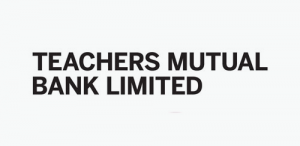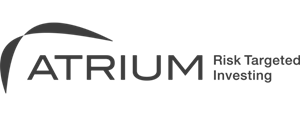Anti-Money Laundering – Australia
Product Description
This Anti-Money Laundering compliance training course trains reporting entities and their representatives to understand their obligations and provides a general understanding of the risks related to money-laundering and terrorism financing.
Some sources estimate that over $1.5 trillion is laundered worldwide every year. Of that amount, it is estimated that $200 billion is laundered in the Asia-Pacific region alone.
We explain how to adopt an AML program, conduct Know-Your-Customer procedures and to provide reports to Australia’s anti-money laundering regulator AUSTRAC.
The intent of this course is to provide a general understanding of money-laundering and terrorism-financing risks, and give specific understanding of the various legislative obligations imposed by the Act.
What is AML/CTF Compliance?
The Anti-Money Laundering and Counter-Terrorism Financing Act 2006 aims to fulfil Australia’s international obligations to combat money laundering and the financing of terrorism by placing various obligations on the providers of certain services to record, monitor and report on their interactions with customers.
These services cover the financial sector, gambling sector and bullion dealers, and include:
- bank, building and credit union accounts (including credit card accounts)
- loans, finance leases, hire purchase and cheque facilities
- bills of exchange, promissory notes and letters of credit
- stored value cards (minimum of $1000) and debit cards
- travellers cheques, money orders, postal orders and currency exchange
- electronic funds transfers and designated remittance arrangements
- securities, derivatives and (by an agent) foreign exchange contracts
- superannuation and life insurance policies
- gambling services, including receiving or accepting a bet, paying out winnings and exchanging chips or tokens for money
- arrangements by Australian financial services licence holders for people to receive a designated service
- digital currency exchange providers (DCEPs), such as bitcoin exchanges
An institution that provides one or more of these designated services is a ‘reporting entity’ and must comply with the obligations set out in the Act.
Among these obligations are having an AML/CTF risk awareness training program and carrying out an employee due diligence program.
Other Anti-Money Laundering Training
Anti-money laundering and counter-terrorism financing laws vary from jurisdicion to jurisdiction.
We offer
- Anti-Money Laundering for the Finance Sector – Australia
- Anti-Money Laundering – Global
- Anti-Money Laundering – New Zealand
- Anti-Money Laundering – Singapore
- Anti-Money Laundering – Malaysia
- Anti-Money Laundering – USA
Specialist AML Training
- Sanctions Compliance
- Introduction to Trade Finance
- Trade-Based Money Laundering
- Proliferation Financing
Financial Crimes Compliance Training
GRC Solutions offers a suite of online complilance training, compliance tools, and workshop and consulting facilities to assist organisations to harden their operations against the threat of financial crime.
More information here
Who should do this training?
The course should be completed by all employees of reporting entities (including those involved in compliance and risk management functions) that offer services such as:
- providing bank account-related services
- making loans
- exchanging currencies
- issuing debit and stored value cards
- issuing securities and derivatives
- stockbroking
Course Outline
- Module 1: Introduction to money laundering
- Module 2: The risk of money laundering
- Module 3: KYC obligations
- Module 4: Monitoring and reporting obligations
- Module 5: Terrorist financing
Customise Course
Do you have a policy or process, or some subject-matter expertise that you would like to add to this course?
Talk to us about ways we can quickly tailor the course to suit your needs.





















